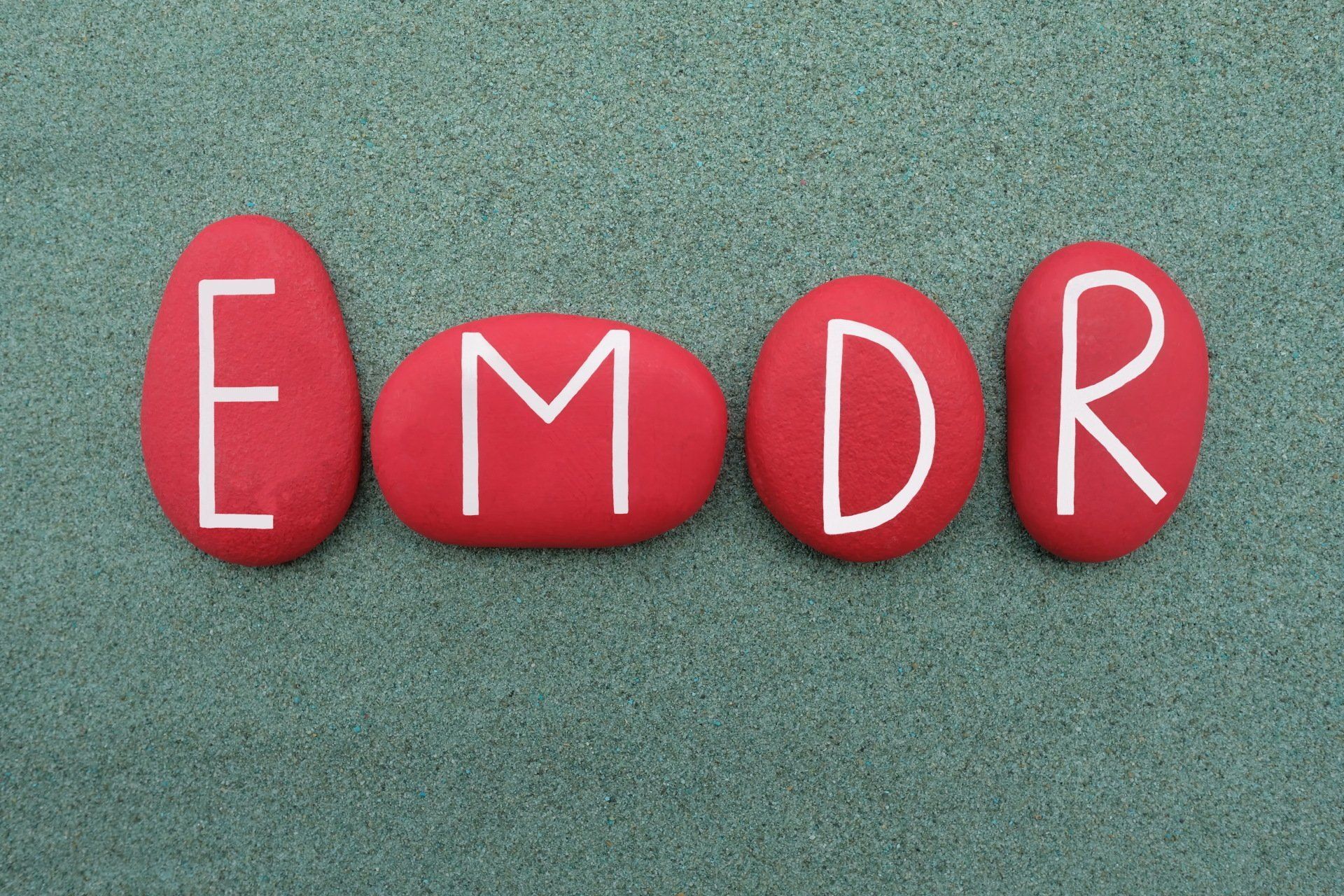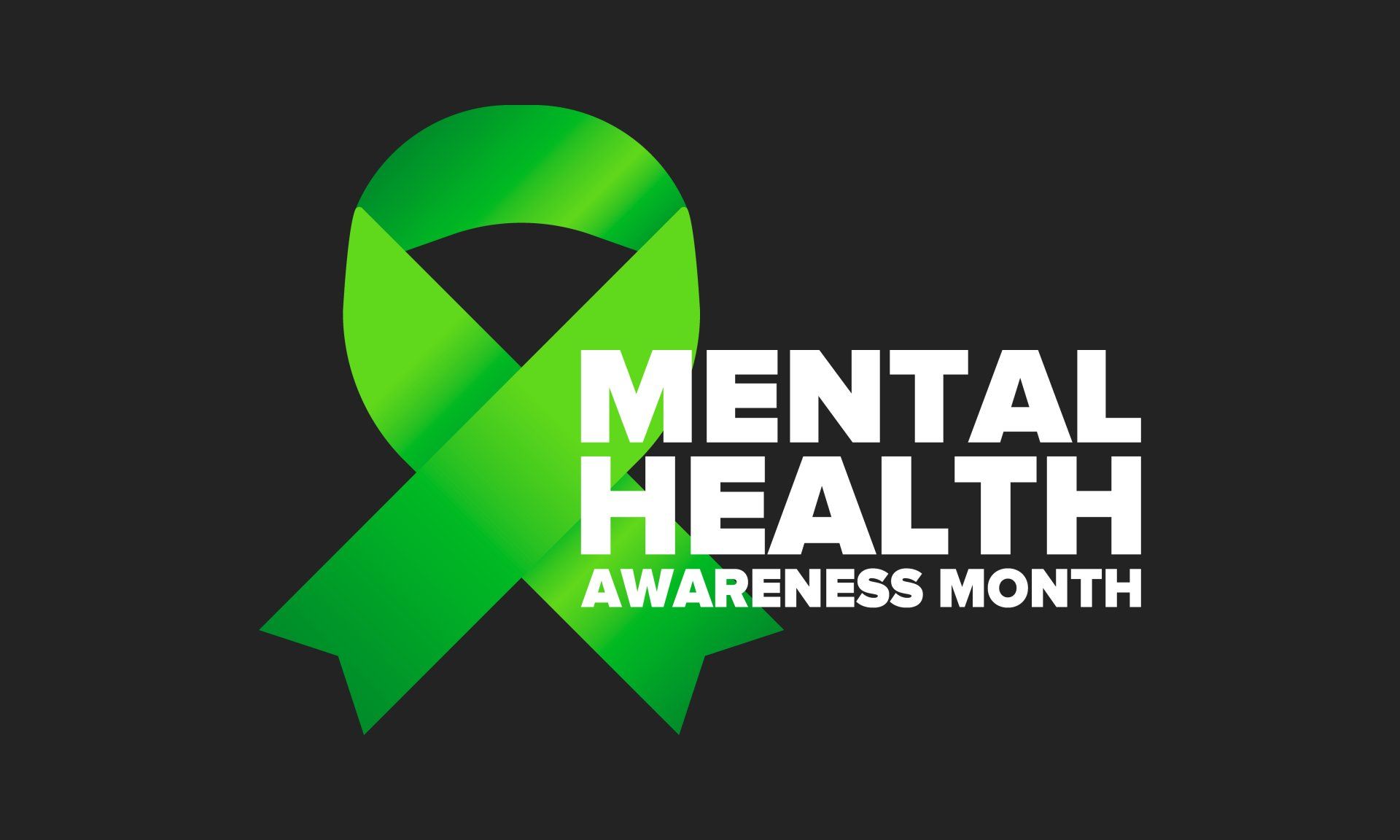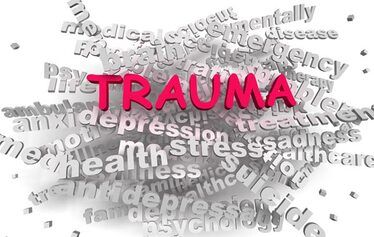1. What is EMDR and what are its benefits?
Eye Movement Desensitization and Reprocessing (EMDR) is a type of therapy that was developed in the 1980s by Dr. Francine Shapiro. It is an effective treatment for PTSD, anxiety, depression, and other psychological issues. EMDR therapy involves having the client recall a traumatic memory while simultaneously engaging in a bilateral stimulation activity, such as eye movements, tapping, or auditory stimulation. This bilateral stimulation helps the brain to process the traumatic memory and reduce the associated emotional distress. Clients often report feeling less burden, less anxiety, and freedom from burdensome thoughts and feelings.
The therapy uses specific, detailed procedures to help clients heal from trauma. The process is based on a scientific understanding of how the brain works and what triggers distress. The aim is to reduce the triggers and impact of traumatic memories. The treatment is particularly useful for trauma recovery.
A number of studies have been conducted on the efficacy of EMDR therapy, and the results are promising. A meta-analysis of 22 studies found that EMDR was an effective treatment for PTSD, with a large effect size. A systematic review of 33 studies found that EMDR was an effective treatment for a variety of psychological problems, including PTSD, anxiety, depression, and phobias.
2. How does EMDR work and how long does it take to see results?
The concept behind EMDR is to help victims process painful memories and thoughts. The process helps them develop new coping mechanisms and reduce the symptoms associated with PTSD. EMDR involves having a person's eyes follow a therapist's finger while the patient focuses on the memories, feelings, and what comes up when processing. The goal is to reduce the trauma response and improve the patient's ability to cope.
EMDR therapy is a type of counseling that combines elements of exposure therapy and cognitive behavioral therapy to help people process memories and reduce the associated emotional distress. The therapist will use a variety of techniques to help the client focus on a memory while also stimulating their brain with eye movements, sounds, or touch. This stimulation is thought to help the brain process the memory more effectively and completely. EMDR therapy is typically conducted over a series of sessions, and results can be seen after a few sessions. However, the number of sessions needed will vary depending on the individual.
3. Who should consider EMDR therapy and where can you find a therapist who specializes in it?
EMDR is a treatment for, trauma, PTSD, and other psychological conditions. Clients who have experienced abuse, bullying, neglect, violence, and other traumatic events are all good candidates for EMDR. Clients experiencing anxiety and depression may also benefit from EMDR. With EMDR, the client is able to reduce their trauma response, anxiety, and hypervigilance.
If you are considering EMDR therapy, it is important to find a therapist who is experienced in this type of therapy. You can ask your doctor for recommendations or search for a therapist who specializes in EMDR therapy. At Austin Counseling and Trauma Specialist, nearly all of our therapists are trainined in EMDR.
4. What should you expect during an EMDR session and how often should you attend them for best results?
During an EMDR therapy session, the therapist will help you focus on a specific memory while also stimulating your brain with eye movements, sounds, or other means. This stimulation is thought to help the brain process the memory in a more effective way. The therapist will also ask you questions about the memory and your current thoughts and feelings. EMDR therapy is typically conducted over a series of sessions. Weekly EMDR sessisons are very effective though less frequest sessions can be effective too.
5. Are there any risks associated with EMDR therapy or potential side effects that may occur after treatment sessions end?
There are no known risks or side effects associated with EMDR therapy. However, it is important to note that this type of therapy can be emotionally challenging. It is important to work with a therapist who you trust and feel comfortable with in order to reduce the risk of any negative experiences during treatment. Clients should be given proper tools to help manage any negative emtoins that might surface after a session. Most clients do not report any issues or negative experiences after EMDR therpay.
Overall, EMDR therapy is a safe and effective treatment for PTSD, anxiety, depression, and other psychological issues. If you are considering this type of therapy, it is important to find a therapist who specializes in EMDR therapy. You can expect to attend several treatment sessions. There are no known risks or side effects associated with EMDR therapy. However, it is always important to consult with your doctor or mental health professional to see if this type of therapy is right for you.
Feel free to reach out one our specialists Austin Counseling and Trauma Specialists at to learn more about our EDMR Therapy.











